I wasn’t tested for autism until I was already working in the field of mental health for several years as a case-manager for clients with autism and other similar conditions. One might wonder how I didn’t figure out my own diagnosis after studying and working directly with these traits for years. My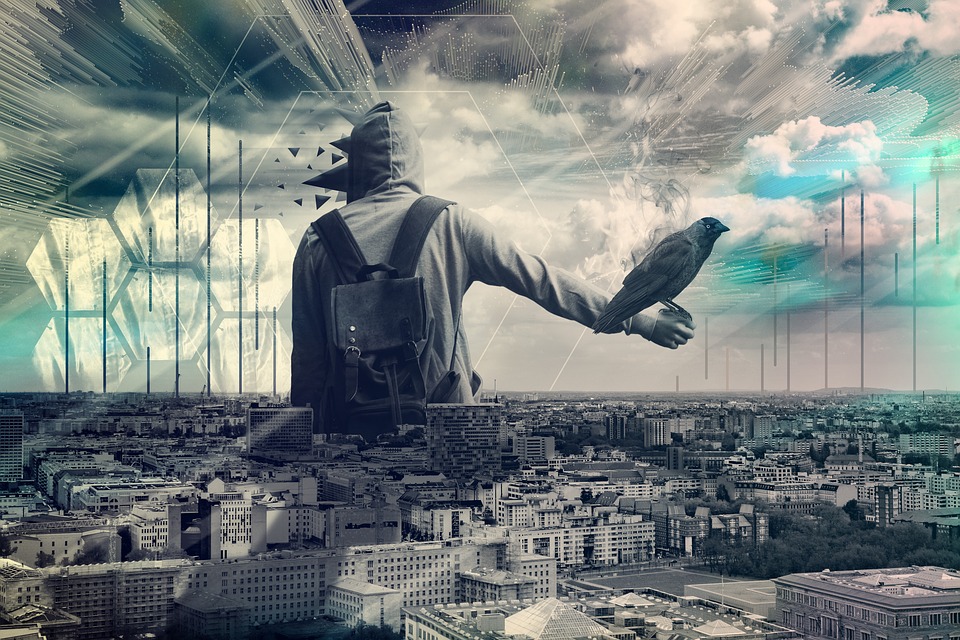 ability to adapt to my particular style of processing was so high, it just didn’t seriously occur to me. Sure, I always felt a bit like the “outsider”, the way most people behaved was a mystery to me since I was a child and if you asked my mother what I was like growing up she’ll say I was a rather quiet, unemotional kid who didn’t even go through the typical “Terrible Twos” stage.
ability to adapt to my particular style of processing was so high, it just didn’t seriously occur to me. Sure, I always felt a bit like the “outsider”, the way most people behaved was a mystery to me since I was a child and if you asked my mother what I was like growing up she’ll say I was a rather quiet, unemotional kid who didn’t even go through the typical “Terrible Twos” stage.
 From my perspective, however, I was brimming over with emotions. I felt sadness, fear, joy and inspiration like anyone else, but it never occurred to me that I should be sharing those emotions randomly with others, even if they didn’t ask – which, for many autistics, is often how “normal” people seem to behave. For me, it was easy to set my diagnosis aside and focus on my work, my hobbies, my life. But now that I’ve been writing and publicly
From my perspective, however, I was brimming over with emotions. I felt sadness, fear, joy and inspiration like anyone else, but it never occurred to me that I should be sharing those emotions randomly with others, even if they didn’t ask – which, for many autistics, is often how “normal” people seem to behave. For me, it was easy to set my diagnosis aside and focus on my work, my hobbies, my life. But now that I’ve been writing and publicly 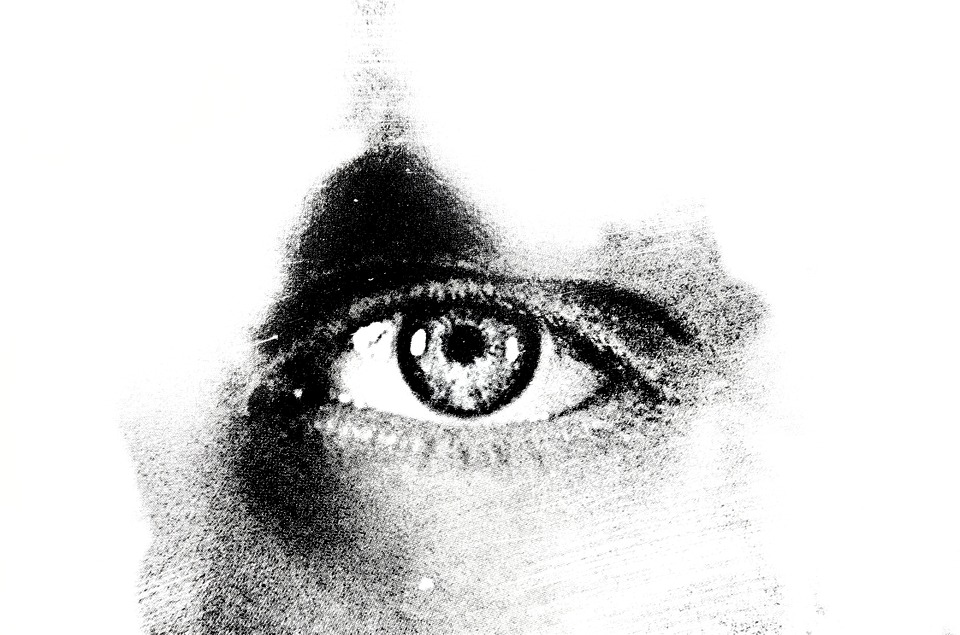 speaking about my lucid dreaming experiences over the years, these quiet traits of mine have been pulled back into the light. A number of other high functioning autistics in the public eye, after reading my work or listening to my interviews on radio and podcast shows, have approached me with a, “You DO realize you’re also autistic, right?”.
speaking about my lucid dreaming experiences over the years, these quiet traits of mine have been pulled back into the light. A number of other high functioning autistics in the public eye, after reading my work or listening to my interviews on radio and podcast shows, have approached me with a, “You DO realize you’re also autistic, right?”.
This prompted me to reevaluate just what my particular processing of 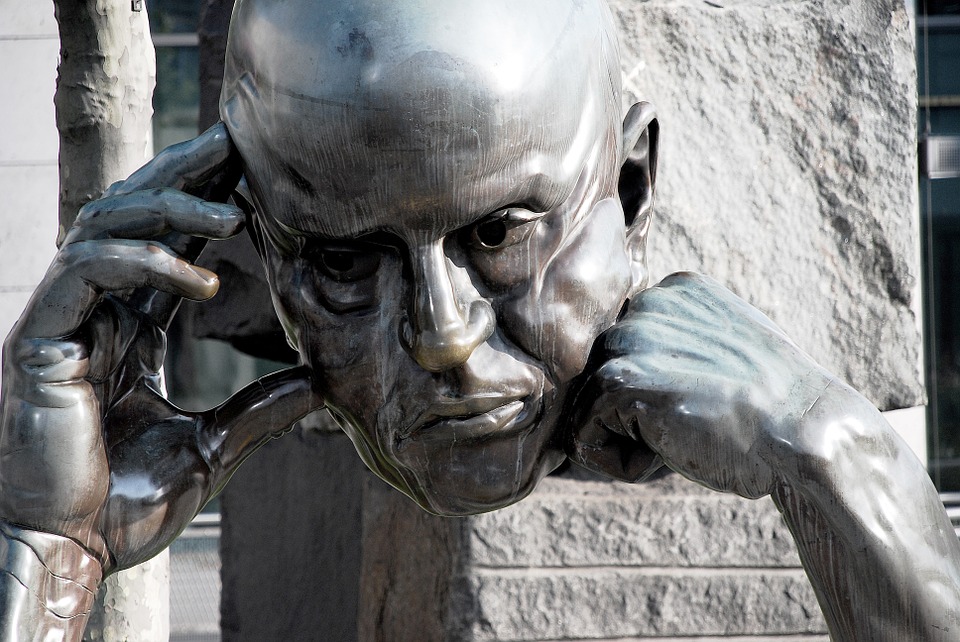 information, emotions and my sense of self had to do with the lucid dreaming and astral projection I’d dealt with since I was a child. After years of integrating all of this information I’ve come to believe that higher functioning autistics make for natural lucid dreamers, they just might not realize it. But we need to take a step back first before this will make much sense.
information, emotions and my sense of self had to do with the lucid dreaming and astral projection I’d dealt with since I was a child. After years of integrating all of this information I’ve come to believe that higher functioning autistics make for natural lucid dreamers, they just might not realize it. But we need to take a step back first before this will make much sense.
What exactly autism is can be hard to nail down – it’s why we generally refer to it as a “spectrum” of traits rather than a hard and fast description. Given that, I can only speak for myself and how my experience of these qualities affects my consciousness, and thus my lucid dreaming. But I suspect many of you who aren’t on the spectrum are going to relate. To begin with, it all comes down to how we each develop a unique relationship with symbolism.
that, I can only speak for myself and how my experience of these qualities affects my consciousness, and thus my lucid dreaming. But I suspect many of you who aren’t on the spectrum are going to relate. To begin with, it all comes down to how we each develop a unique relationship with symbolism.
My second book, “Migration” (currently in the final stages of editing) focuses on our species’ insanely fast transition from the trees to an online 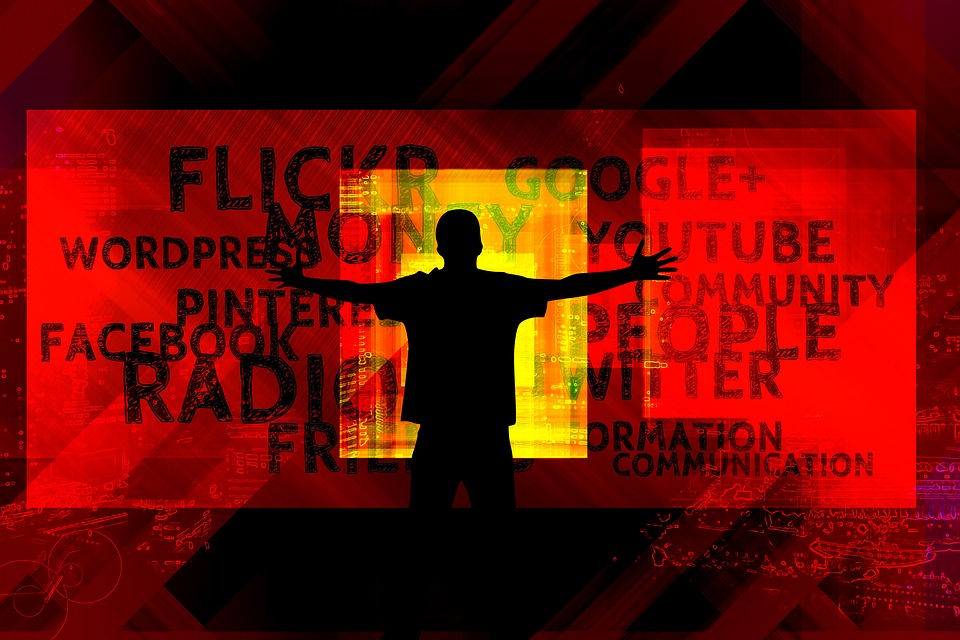 world, and what we’ve missed along the way. Today, our species is processing greater amounts of symbolism from outside sources than any of our ancestors likely ever dreamed possible. In a way, we’ve been put to sleep by this heavy stream of information, of media and narratives; we’ve become entranced by it in ways that aren’t so obvious.
world, and what we’ve missed along the way. Today, our species is processing greater amounts of symbolism from outside sources than any of our ancestors likely ever dreamed possible. In a way, we’ve been put to sleep by this heavy stream of information, of media and narratives; we’ve become entranced by it in ways that aren’t so obvious.
I want you all to pause for a moment and think about what exactly popped into your head when you thought about that notion of symbolism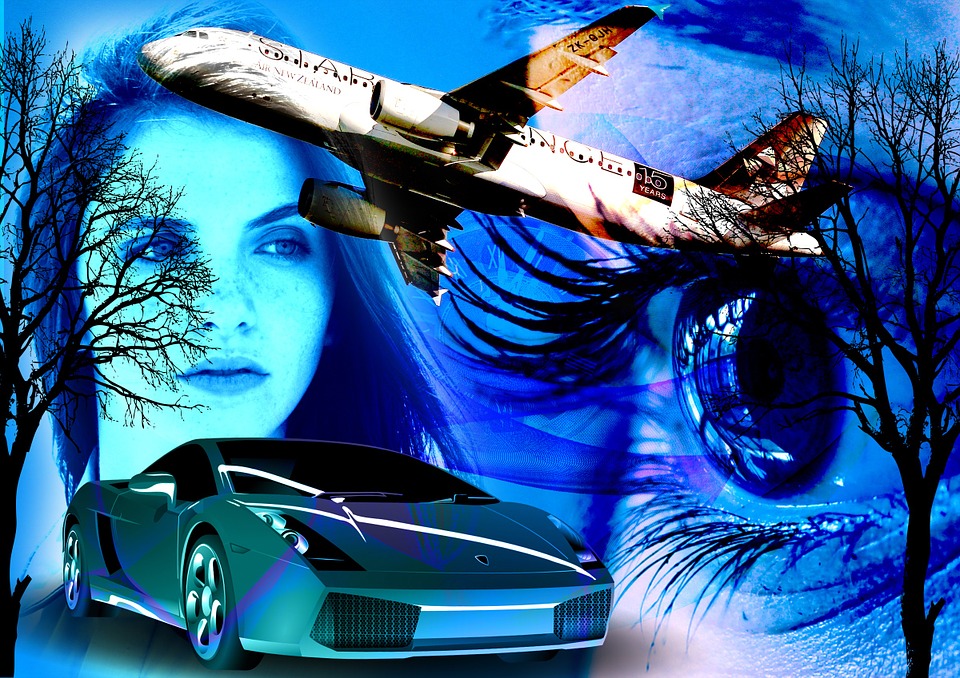 . What does it mean to have a relationship with symbolism? Do you perhaps picture hieroglyphs from some forgotten culture or abstract images or sounds that convey some vague, mysterious meaning? If so, THAT is the very disconnect I want to bring to our attention.
. What does it mean to have a relationship with symbolism? Do you perhaps picture hieroglyphs from some forgotten culture or abstract images or sounds that convey some vague, mysterious meaning? If so, THAT is the very disconnect I want to bring to our attention.
Our bodies weren’t naturally wired for these digital, symbolic worlds playing out on our screens, so we are often blindsided by the massive 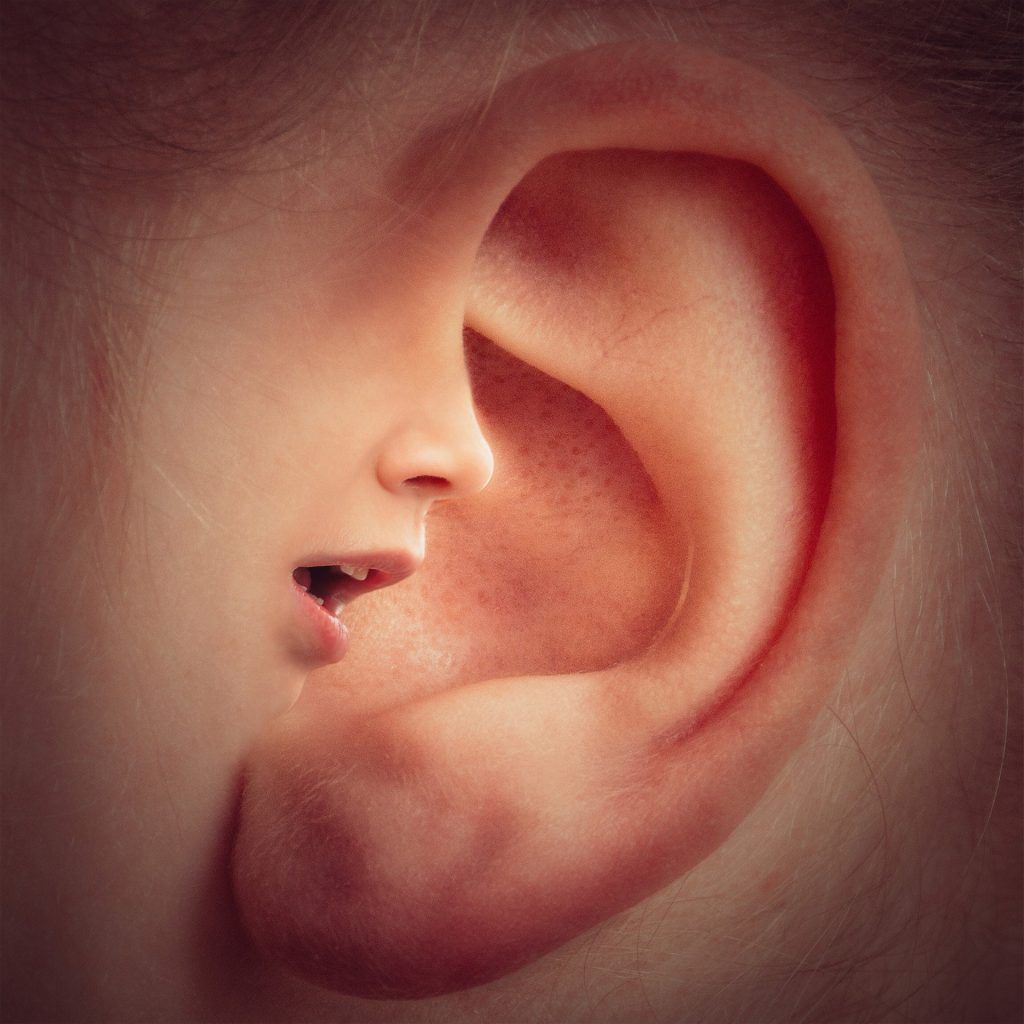 amounts of ‘information representing something else’ that we process today. Even when we read studies that prove, time and again, that about 75% of all of our emails and texts are misinterpreted on some level by others, it goes in one ear and out the other. We forget that applies to our emails and communications too! Why? For most, symbolism is something “another culture”, or someone else deals with, but not us! No, we like to imagine we deal with information directly, without a “middle man”, so to speak. But as an autistic, I’m always aware of how highly subjective and personal all of communication is.
amounts of ‘information representing something else’ that we process today. Even when we read studies that prove, time and again, that about 75% of all of our emails and texts are misinterpreted on some level by others, it goes in one ear and out the other. We forget that applies to our emails and communications too! Why? For most, symbolism is something “another culture”, or someone else deals with, but not us! No, we like to imagine we deal with information directly, without a “middle man”, so to speak. But as an autistic, I’m always aware of how highly subjective and personal all of communication is.
In my case, I tend to translate symbolism without adding in my own personal feelings and narratives. One of the reasons I love other autistics is that they tend to be some of the most direct, honest people without a lot ![]() of hidden agendas behind their words; something that often confuses others. For example, someone says to me, “You know, by the end of April 2020, there were just over 58,000 reported deaths in the US from the Coronavirus.” I hear that statement and I don’t judge it or add in my own personal feelings. It’s not that I don’t have feelings about that fact, but as far as the exchange is concerned, all I can be sure of was what was actually shared with me: “By the end of April 2020, there were just over 58,000 reported deaths in the US from the Coronavirus”.
of hidden agendas behind their words; something that often confuses others. For example, someone says to me, “You know, by the end of April 2020, there were just over 58,000 reported deaths in the US from the Coronavirus.” I hear that statement and I don’t judge it or add in my own personal feelings. It’s not that I don’t have feelings about that fact, but as far as the exchange is concerned, all I can be sure of was what was actually shared with me: “By the end of April 2020, there were just over 58,000 reported deaths in the US from the Coronavirus”.
But someone else hears this and their entire personality, their ego and 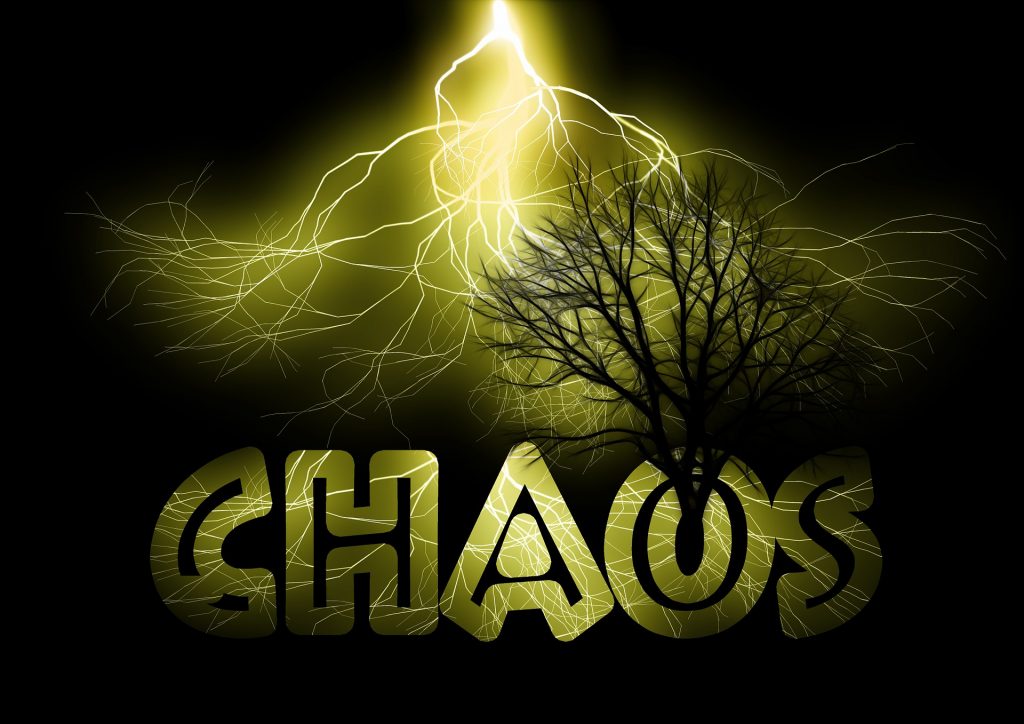 their emotions become entangled in what was said to them and they translate it quite differently: “Well, that sure is some negative information” they might say or, “That information upsets me, so I don’t think it’s true.” Some may even take it to the level where they say, “Not only do I feel you’re being negative, I feel you’re trying to spread fear and I don’t appreciate that.” And suddenly there’s drama and confusion because someone stated a fact.
their emotions become entangled in what was said to them and they translate it quite differently: “Well, that sure is some negative information” they might say or, “That information upsets me, so I don’t think it’s true.” Some may even take it to the level where they say, “Not only do I feel you’re being negative, I feel you’re trying to spread fear and I don’t appreciate that.” And suddenly there’s drama and confusion because someone stated a fact.
These are the sort of responses to information that autistic people generally don’t comprehend. Now, personally, I can comprehend it, but I just don’t personally relate to this manner of handling communication, so I experience a sort of “distance” from it all. We autistics often wonder at “normal” people who add random emotions into conversations, and then often pretend that they didn’t (honestly, it can seem like a disability to us).  From my perspective, this muddies communication – which I’m always well aware is extremely complicated enough. Oh, how I long for the days when our journalists were bound by an oath to only relate the facts in a dispassionate, neutral manner and let us figure out how we should feel about them. We’ve become so addicted to being entertained by everything, we expect even our facts and news to be stimulating as well. This is often why I say: The World could really benefit from a little more autism right now.
From my perspective, this muddies communication – which I’m always well aware is extremely complicated enough. Oh, how I long for the days when our journalists were bound by an oath to only relate the facts in a dispassionate, neutral manner and let us figure out how we should feel about them. We’ve become so addicted to being entertained by everything, we expect even our facts and news to be stimulating as well. This is often why I say: The World could really benefit from a little more autism right now.
It should be noted that here’s where autism is so often misunderstood. Because I don’t constantly add in my own feelings into what I relate to people nor mix them into what someone shared with me, it’s often assumed that autistics do not have feelings at all! This is a short-sighted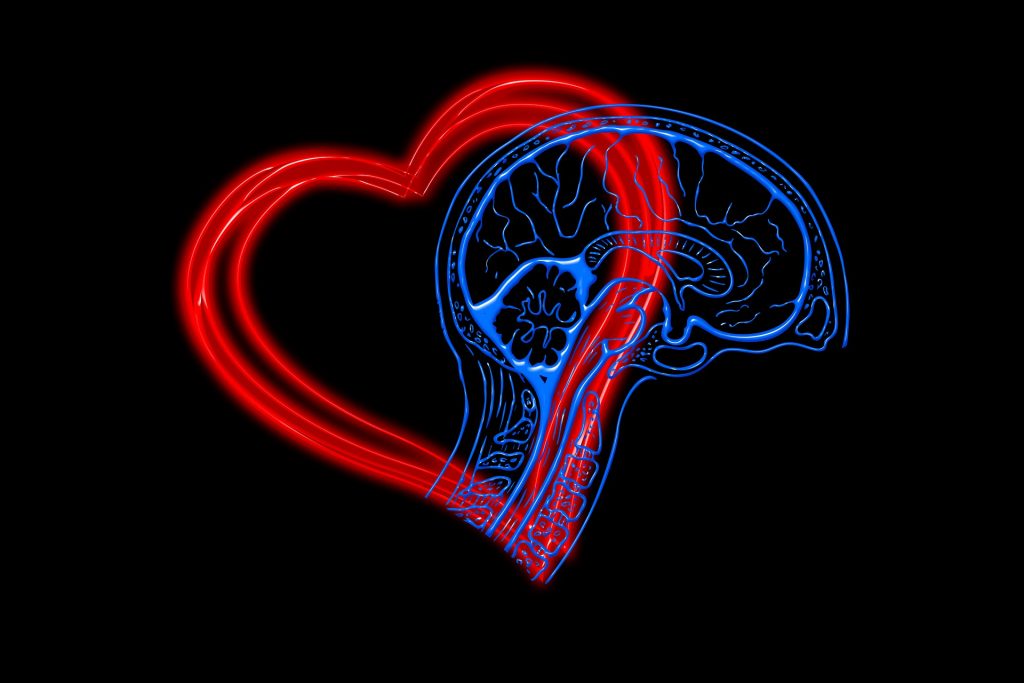 assumption. I feel as deeply and as passionately about things as anyone else can. That information about the virus you just handed to me may very much personally upset me, but I have no reason to think the person who mentioned it intended that information to be negative. So, I treat it as such. And unless I have reason to think this exchange needs to get emotional, I’ll probably just not share my emotions about it with you. It does not mean I don’t have any.
assumption. I feel as deeply and as passionately about things as anyone else can. That information about the virus you just handed to me may very much personally upset me, but I have no reason to think the person who mentioned it intended that information to be negative. So, I treat it as such. And unless I have reason to think this exchange needs to get emotional, I’ll probably just not share my emotions about it with you. It does not mean I don’t have any.
I love what Spock’s father, Sarek, said in the 2009 Star Trek film – and of 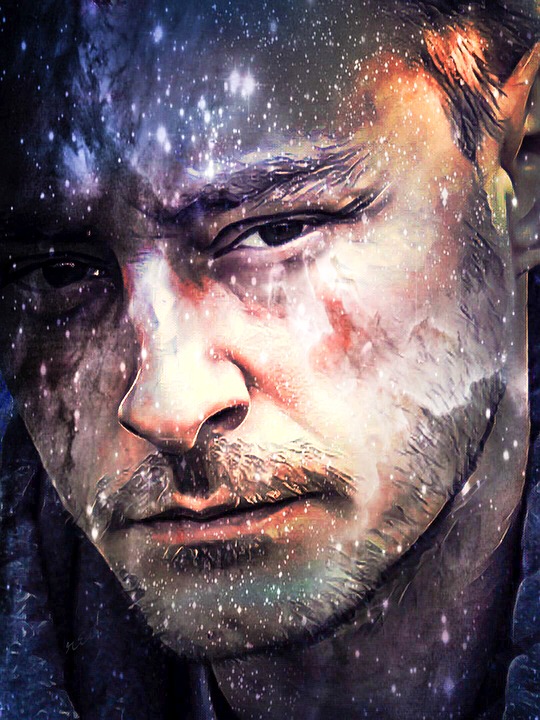 course anyone on the spectrum knows that the Vulcans are basically a race of high functioning autistics! After Spock has engaged in a grand display of emotion, his father tries to console him. “Emotions run deep within our race.”, he reminds his son. “In many ways more deeply than in humans. Logic offers a serenity humans seldom experience. The control of feelings so that they do not control you.” It’s a beautiful quote that helps explain who Spock really is. He’s not some cold, calculating computer. He feels emotions deeply, he just isn’t throwing them onto everyone like a raging toddler.
course anyone on the spectrum knows that the Vulcans are basically a race of high functioning autistics! After Spock has engaged in a grand display of emotion, his father tries to console him. “Emotions run deep within our race.”, he reminds his son. “In many ways more deeply than in humans. Logic offers a serenity humans seldom experience. The control of feelings so that they do not control you.” It’s a beautiful quote that helps explain who Spock really is. He’s not some cold, calculating computer. He feels emotions deeply, he just isn’t throwing them onto everyone like a raging toddler.
Now – What does any of this have to do with LUCID DREAMING? How does this “distance” I experience between my identify, my ego and symbolism play into “waking up” to the reality my dream world manufactures?
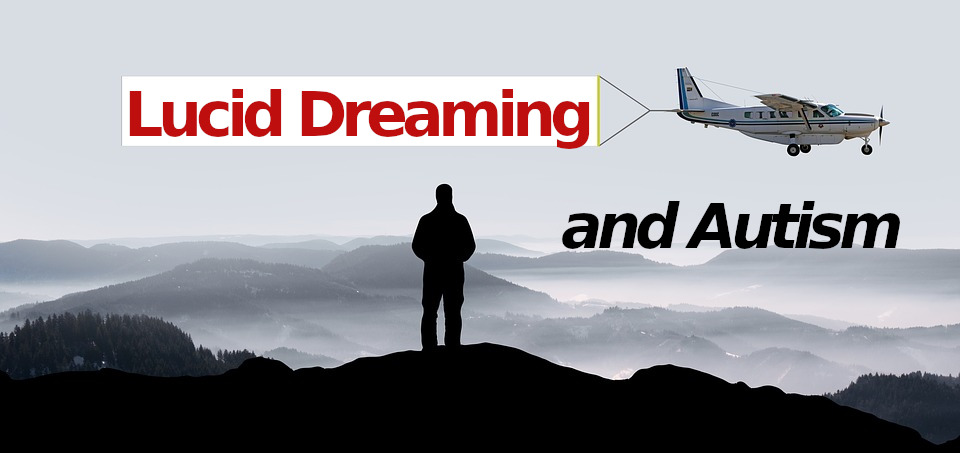
Try to appreciate what this experience of symbolism means for me: I approach the mind from a far more impersonal level than most others appear to. I can sort of “stand back” from it and not be personally wrapped up in it to the point where I can’t see where my emotions end and my thinking begins, or who I am within all of it. Therefore, it is far easier for me not to be mesmerized by language, by movies or stories of any kind. Instead of being totally lost in the woods, this distance allows me to float above the trees.
My relationship with Narratives in general tends to be far more removed  than what the majority out there seems to experience. I’m not at its mercy. Of course, the nature of this “distance” is where the level of functioning comes strongly into play with autistics. That perceived space can make things very, very difficult for you – or you are able to use it to your supreme advantage. It depends on the size of that gap between the ego and the mind, you might say.
than what the majority out there seems to experience. I’m not at its mercy. Of course, the nature of this “distance” is where the level of functioning comes strongly into play with autistics. That perceived space can make things very, very difficult for you – or you are able to use it to your supreme advantage. It depends on the size of that gap between the ego and the mind, you might say.
From my vantage point, this means I’ve always been able to stand back – even when I was a child – and see all narratives for what they really were: Highly edited versions of reality that can never, ever, NOT WITH A BILLION  WORDS truly contain reality. If you and I run across a wolf in “the wild”, we will share a very direct, non-abstract experience of that encounter. But later, what happened to us will never be fully contained by a narrative. Our tale of meeting the wolf, the picture you snapped of it, even the video I took of it – none of that symbolism will or ever could contain our direct experience of it. In other words, no matter what we do, nothing we transfer to others will leave them with the same impression we experienced in the woods. It’s just the natural limitations of symbolism.
WORDS truly contain reality. If you and I run across a wolf in “the wild”, we will share a very direct, non-abstract experience of that encounter. But later, what happened to us will never be fully contained by a narrative. Our tale of meeting the wolf, the picture you snapped of it, even the video I took of it – none of that symbolism will or ever could contain our direct experience of it. In other words, no matter what we do, nothing we transfer to others will leave them with the same impression we experienced in the woods. It’s just the natural limitations of symbolism.

Now consider: Our thinking minds operate on symbolism – all the time. When you can really appreciate this, you begin to “wake up” from all the Narratives and symbolism your brain is being exposed to – as well as the ones it creates.
Are you starting to glimpse how this all relates to dreams? Well, stop and think: What is a “normal” dream? Think about the last dream you remember. In essence, a dream is nothing more than an internal narrative, a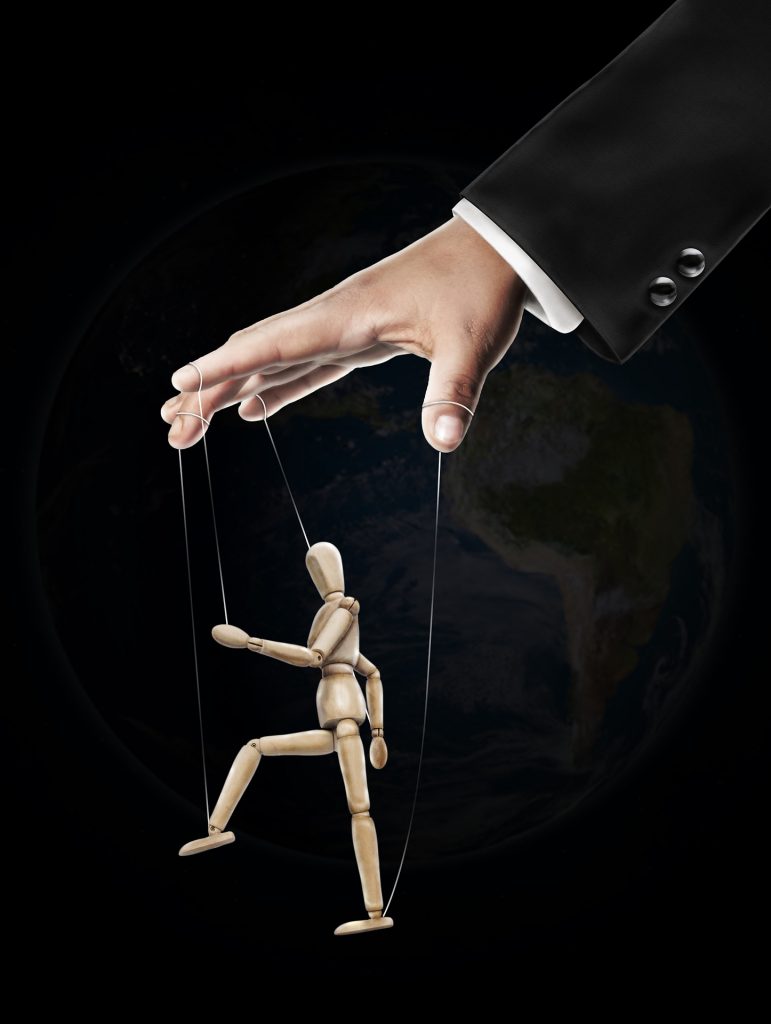 story your brain has produced with symbolism. When you feel completely wrapped up in that story, you become bound to it; it possesses a sort of authority over you. You are at its mercy and your awareness is led around by it. When your mind and emotions are deeply entwined with these stories, when there is no “space”, it’s nearly impossible to step back and notice how unreal they really are!
story your brain has produced with symbolism. When you feel completely wrapped up in that story, you become bound to it; it possesses a sort of authority over you. You are at its mercy and your awareness is led around by it. When your mind and emotions are deeply entwined with these stories, when there is no “space”, it’s nearly impossible to step back and notice how unreal they really are!
In the end, the truth is that we are NOT our stories! We are consciousness. What we are as conscious beings could never, ever be contained by a story or a narrative. When we appreciate that truth we enjoy a natural “distance”, a glorious space that resides between all the symbolism we’re digesting and What We Truly Are. When you can see your dreams for their true nature you will begin to wake up within them. This is what Lucid Dreaming is: The ability to detach your True Self from the Narrative and realize: Oh! This isn’t real! This “space” that high functioning autistics experience from their mind can also be an opportunity to appreciate a deeper nature of reality. So I ask that you try to tap into your autistic nature and use it to awaken from your Story – whether that story is taking place at night while you sleep, or during the day!
Finally, when you wake up in your dreams, another magical thing happens:  A door is suddenly made accessible to you. That door leads to an even larger possibility where your very consciousness is no longer bound to the physical body. By waking up to the truth of the stories we hold near and dear, we are truly free. Not figuratively, not symbolically: LITERALLY.
A door is suddenly made accessible to you. That door leads to an even larger possibility where your very consciousness is no longer bound to the physical body. By waking up to the truth of the stories we hold near and dear, we are truly free. Not figuratively, not symbolically: LITERALLY.
Ian Jaydid
The Lucid Dreaming – Autism Connection:
Click below for the YouTube video:
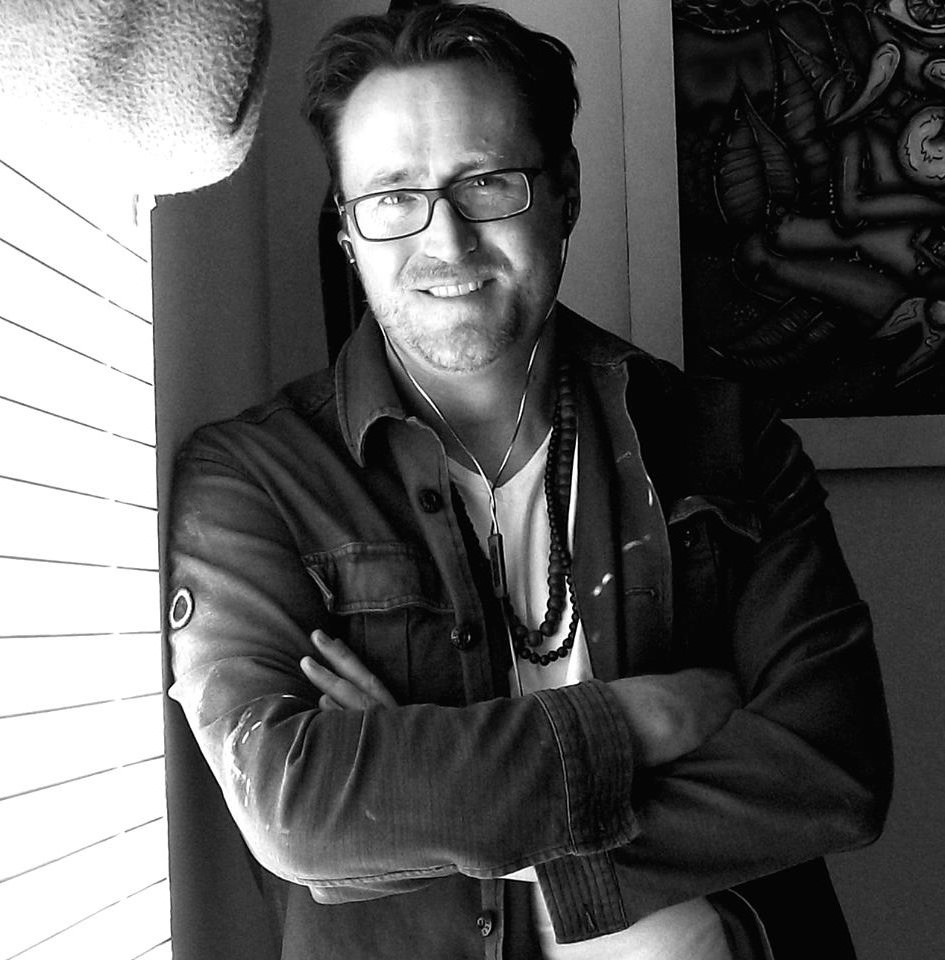
Author of “Tripping The Field”
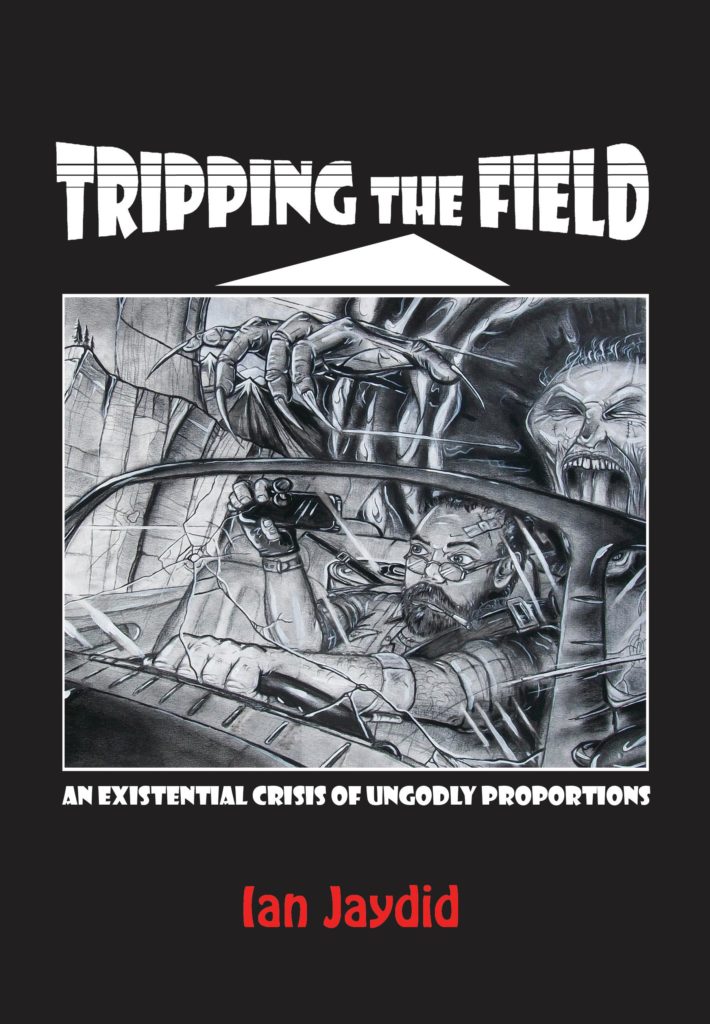
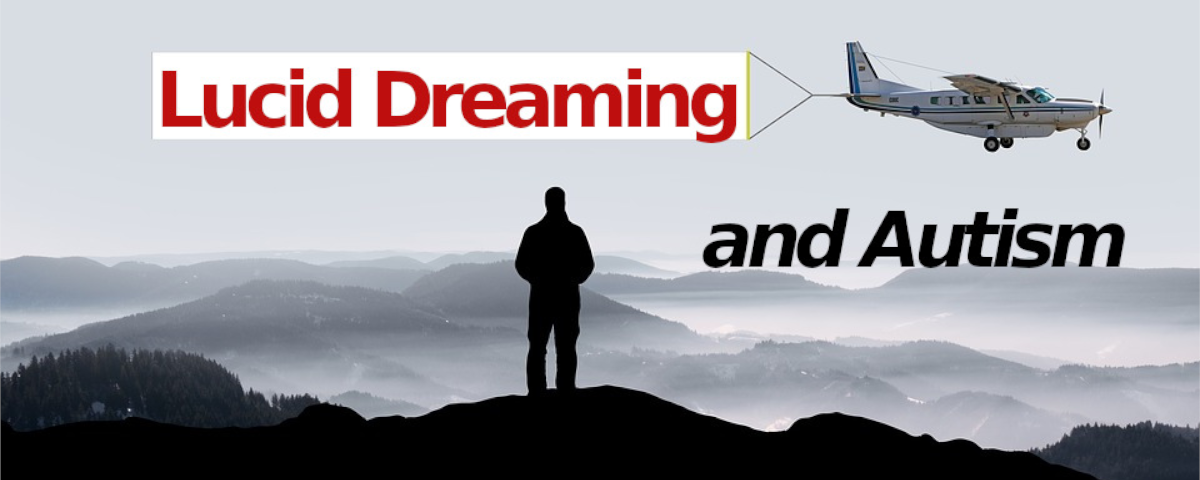

Ian, your story is very close to me! How are you doing after a year, how are you feeling? How do people accept you?